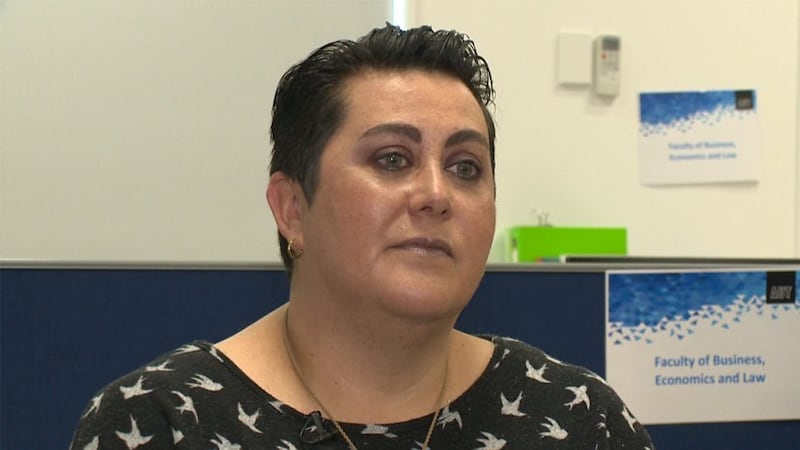Following an international search, Auckland University of Technology (AUT) has appointed the country’s first dean of law who is Māori, Associate Professor Khylee Quince.
Quince (Ngāpuhi, Ngāti Porou, Te Roroa) will begin her five-year term as manukura ture / dean of the school of law immediately and will be focused on continuing the journey of providing excellent practical legal education and research directed to social justice and community impact.
Her teaching expertise covers criminal law and justice, youth justice and Māori legal issues and research focus includes crime policy, law and legal studies, human rights and justice issues. She has been acting dean of law for several months.
“The te reo Māori name for AUT is Te Wānanga Aronui and references the story of Tānenuiarangi ascending to the heavens to retrieve the three baskets of knowledge. Te Kete Aronui is the basket of knowledge that will benefit the earth and all living in it – the fruits of Te Kete Aronui are skills and capabilities for all, for our planet and for future generations.
“AUT’s School of Law is well placed to shape our programmes around this vision – excellent practical legal education and research directed to social justice and community impact,” Quince says.
South Auckland emphasis
AUT is the only university with a campus in South Auckland, and 20% of its law student cohort is South Auckland based. Part of the new dean’s vision is to further develop the law programme in the South and work to address the significant challenges of students suffering from high deprivation.
According to Business, Economics and Law faculty dean Professor Kate Kearins, Quince’s commitment to the teaching and research of law for the betterment of society, and her inclusive approach will be of huge benefit to AUT’s students and her colleagues.
“Khylee epitomises what it is to be a contemporary, forward-thinking university,” Kearins says.
The timing of her appointment is significant in the context of what Quince describes as the “biggest shakeup to legal education in Aotearoa for 50 years”.
“This year the Council of Legal Education – the body tasked with accrediting law degrees – resolved to amend its regulations to require all law schools to teach and assess concepts of tikanga and te reo Māori in all seven core courses. This is both exciting and challenging for legal educators and I look forward to working with colleagues to navigate and lead these changes,” she says.

